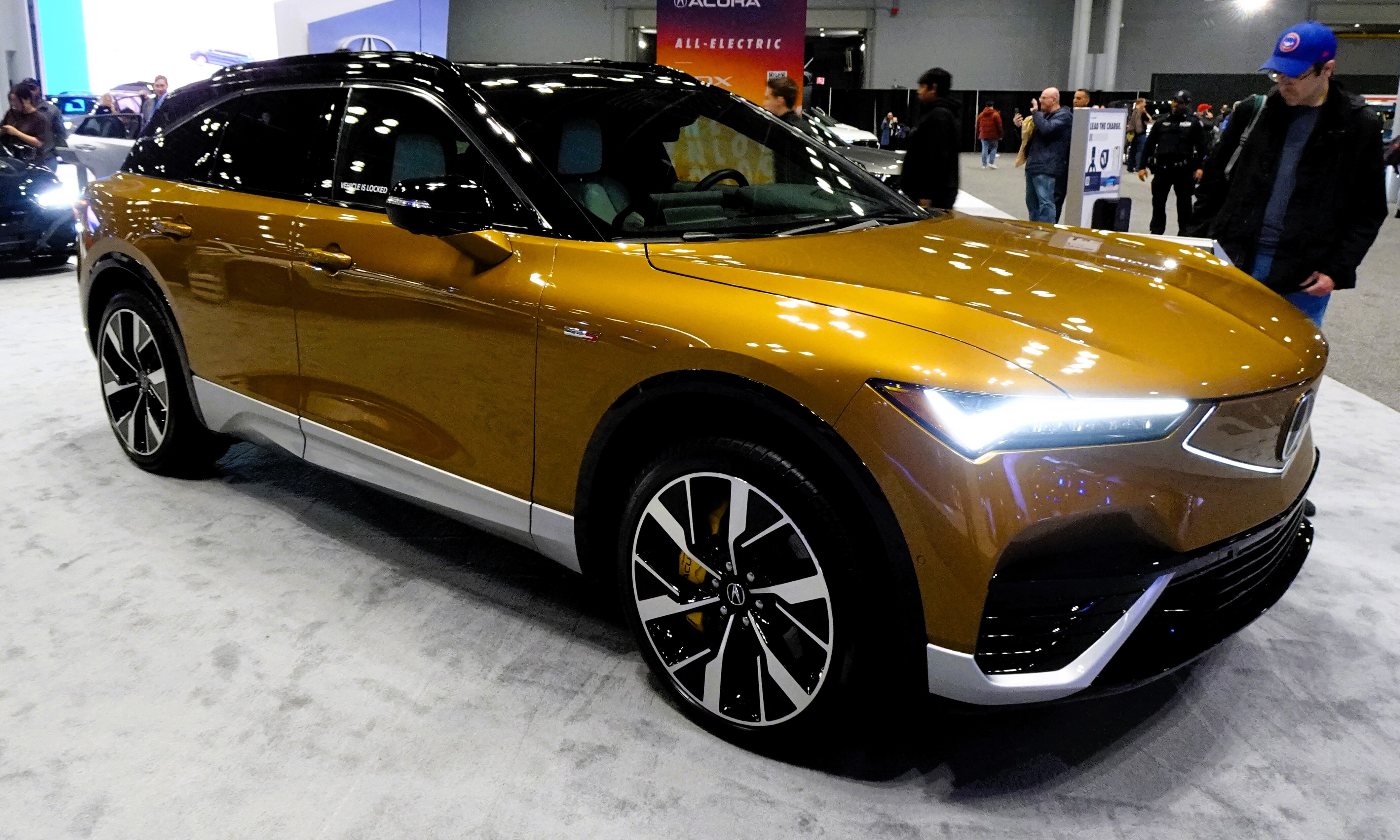
What happens when the fuel that powers a revolution is cut off all of a sudden? For America’s electric vehicle makers, that fuel has been generous government subsidies and the gas pump is on empty. With the $7,500 federal tax credit for new American-made EVs expiring on September 30, automakers are pivoting their plans, expecting to face a market that could freeze before they thought.

While EV sales are still on track to set records this year, the looming policy shift under the Trump administration’s One Big Beautiful Bill Act has triggered a wave of corporate pivots. From Detroit to Stuttgart, companies are shelving models, delaying launches, and in some cases, abandoning all-electric ambitions in favor of hybrids or gasoline power. The retrenchment underscores a sobering reality: the road to electrification is neither straight nor smooth.
Here’s a closer look at the major manufacturers taking their foot off the gas and in some cases, crashing into reverse on electric vehicle aspirations.

1. Honda Suspends Acura ZDX Production
Honda said on September 24 that it would stop U.S. production of the Acura ZDX, an electric crossover that is made by General Motors in Tennessee. The move, a company spokeswoman stated, was driven by “market conditions” and a desire to better align its portfolio with customers’ demands and long-term goals.
The ZDX, which has sold around 19,000 units since its introduction in the United States last year, was up for a 2026 model-year refresh. Instead, Honda will transition to hybrids and prepare to roll out the all-electric Acura RSX in Ohio during the second half of 2026. The move comes on the heels of the company’s May statement that it would trim $20 billion in EV investment, part of a broader strategic shift away from aggressive electrification timelines.

2. Jeep Cancels Gladiator 4xe Plug-In Hybrid
Jeep planned to introduce its 4xe plug-in hybrid powertrain from the Wrangler to the Gladiator pickup by late 2025. That isn’t occurring anymore. Stellantis, Jeep’s parent company, attributed canceled plans to changing propulsion priorities and waning demand for electric trucks.
Instead of electrification, Jeep will be investing in the addition of new features, personalization, and a Rubicon 392 based on a 470-horsepower Hemi V-8 to the Gladiator model. The action is part of Stellantis’ broader reconsideration of electrified alternatives, which has also affected other brands in its stable.

3. Ram Axes the 1500 REV EV Pickup
Ram’s entirely electric 1500 REV had been slated to be a head-to-head rival to the Ford F-150 Lightning. After numerous delays from 2024 to 2027 the project has been outright canceled. Diminished North American demand for full-size battery-electric pickups prompted the action, Stellantis said in a press release.
The nameplate will live on, though, on a range-extended model of the Ram 1500, formerly known as the Ramcharger. The car will combine a battery pack with an internal-combustion engine to deliver an estimated 690 miles of range and 647 horsepower. Stellantis CEO Antonio Filosa called it a groundbreaking move, positioning Ram as the first to bring a range-extended pickup to the U.S. market.

4. Porsche Shelves Electric SUV Plans
Porsche’s aggressive foray into luxury EVs has hit a speed bump. The German automaker reported it was scrapping plans for an electrified SUV and was redirecting its efforts towards gasoline and hybrid variants instead. The decision is made because of softening Chinese sales, one of the world’s top EV markets, and will represent a €1.8 billion ($2.2 billion) financial hit to the company.
The news triggered a record share price drop for Porsche, reflecting investor caution over strategic U-turns in the high-stakes EV battle. While the company is deeply committed to electrification in the long term, the U-turn suggests a more gradual launch of new battery-powered cars.

5. Bentley Spreads Usefulness of Combustion Engines
Bentley also already committed to phasing out the combustion engine entirely by 2035. That target has been diluted. On September 22, CEO Frank-Steffen Walliser told Autocar that the firm will continue to make gasoline versions of its top-selling cars as well as hybrids and EVs.

The move shows both the ongoing demand for traditional luxury powertrains and the glacial pace of EV adoption in the ultra-luxury market. For Bentley, having a model line with some diversity can help ride out market turbulence without sacrificing its long-term electrification plans.

6. Ford Delays Full-Size EV Truck and Van
Ford pushed back production of its next-generation full-size electric pickup, Project T3, and new commercial van to 2028. The company has costed it billions as it competes with Tesla and is now focusing on smaller, more affordable EVs.
A California “skunkworks” group is developing a $30,000 midsize electric pickup truck, to be launched in 2027. CEO Jim Farley has described the move as a pragmatic response to the realities of the market, trying to balance profitability and expanding EV penetration.

7. Policy Changes and Market Headwinds
The sunset of the federal EV tax credit on September 30 will reshape the sales landscape. EV sales in August rose 17.7% over last year, and used EV sales rose 59%, Cox Automotive said, as buyers rushed to buy before incentives lapse. Dealers are providing record lease offers a Denver Volkswagen store cut prices to $40 per month to get rid of their stock
Experts warn that if subsidies are removed, take-up by ordinary consumers may decelerate. The CEO of Anderson Economic Group, Patrick Anderson, told CBS News, “They’re gonna fall off a small hill because that’s as high as they got.” Additional challenges for EVs include greater average price still $10,000 to $15,000 more than their gasoline equivalent shorter range in freezing temperatures, fewer charging stations, and concerns over availability of vital minerals. These are slowing down the manufacturers’ speed of electrification and holding out for improved times.
The retrenchment by these seven manufacturers is a turning point in the EV revolution. The long-term trajectory toward electrification remains in place, but the immediate landscape is being revised through policy change, cost pressures, and evolving consumer demand. For auto insiders and investors as well, the message is plain: the EV race goes on apace, but with altered pace and altered rules.

